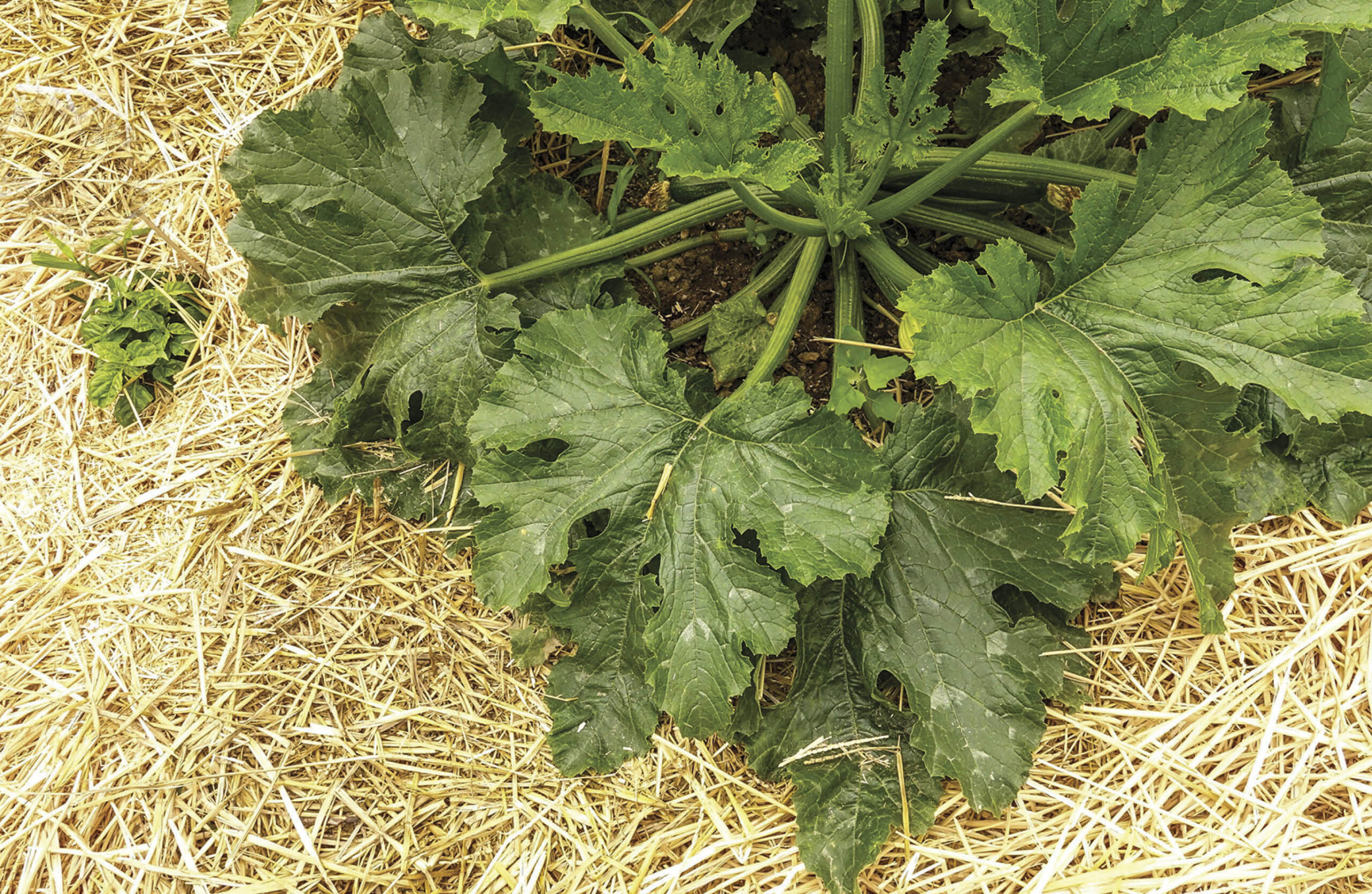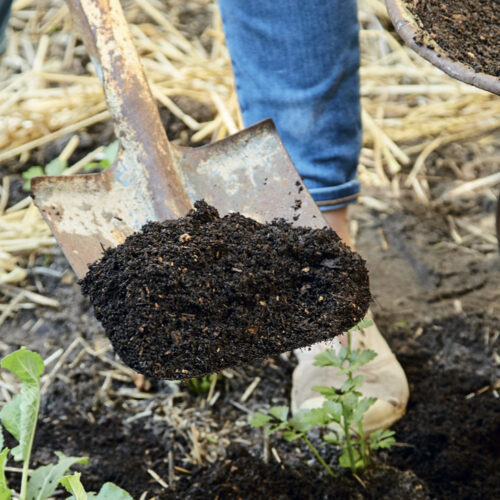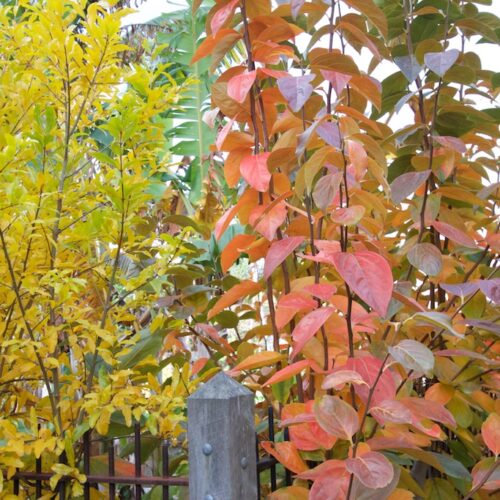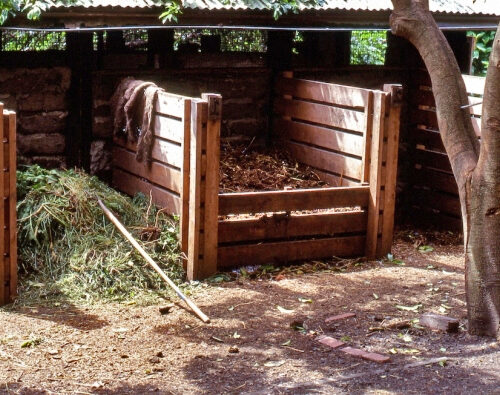Make the most of your mulch
2017-10-18T13:00:01+11:00
Mulch is integral to organic gardening, here's the dos and don'ts of effective mulching.
Mulches are integral to organic gardening. In the natural environment, no piece of soil is ever left uncovered, leaves and other debris form natural mulches, or plants move in to colonise the gaps. In the garden we aim to replicate this so that plants or mulches cover every part. The latter reduce water loss, add nutrients, suppress weeds, reduce soil compaction and protect soils from erosion. They can also keep soils cooler or warmer, depending on the mulch. Don’t forget to mulch your pots, as well as the rest of the garden. The mulch you choose to use will depend on what you are trying to achieve, what you are growing, your soil type and the area you want to cover.
Once you have your mulch, follow these simple rules.
Mulch dos and don’ts
Collar rot: Never place mulch too close to tree trunks or the subsequent humidity around the bark may cause a fungal disease called collar rot.
Moisture: Always make sure that the soil you are mulching is moist. If not, water thoroughly before laying the mulch. Also, the more open the mulch the thicker it can be spread and still allow water penetration. Open hay and straw mulches can be 15–30cm thick, medium-sized woodchip/bark up to 15cm, while finer mulches such as sugarcane mulch and finely shredded barks should not be more than 3–5cm. If they are too thick they can compact into a layer that’s impenetrable to water. Also if rain is only light, it may only dampen the mulch not the soil underneath no matter what mulch you use,
so keep this in mind when assessing watering needs.
Nitrogen: All straw, hay and woody mulches (except lucerne hay and pea straw) use nitrogen as they break down (‘nitrogen drawdown’) so return nitrogen to soil via fish emulsion, blood and bone, manures, nettle and comfrey tea.
Acidity: Mulches such as bark, woodchip and leaves may make soil more acidic over time, check the pH from time to time and add lime if this is happening.
When buying mulches and compost from landscape suppliers and council green waste, check they’ve been well composted – some may well contain lots of weed seed as well as diseases.
To learn more about the basics of setting up an organic garden head basics.






